
3 minute read
TAPESTRY
from sonder book
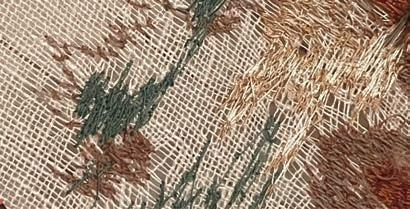
At each stop I embroidered a hoop from my visual surroundings and found objects. Historically an art form which has been adopted mainly in history by women passing time, depicting nature, events, memories, knowledge. The stillness of sitting with a thread and hours passing without notice. Beckoning the questionsHow did women pass time in the outback? Did time feel slow and pensive to the First Nations of country? Does the velocious nature of our time miss the moments to acknowledge, think, reflect, admire, adorn and desire?
Advertisement


“Reciprocal capture is an event, the production of new, immanent modes of existence in which neither entity transcends the other or forces the other to bow down. It is a process of encounter and transformation, not absorption, in which different ways of being and doing find interesting things to do together.”
-Shimmer

NEWCASTLE - WEE WAA
Unfriendly welcome. Tyres won’t forget this bump. Gallah met its match.
Cotton lined asphalt. Jumping fences to get home. running through a track.

WEE WAA - LIGHTNING RIDGE
You come here often?
What’s your name, what’s your story?
Are these all your friends?
Shouldn't talk to you
Seventee Six with no teeth
Such a pretty girl
The bowls of country
From the earth, up to heaven
Clarification.
Twenty Six years here
Ever seen old look this good? Italy is home.
GUNDEBOOKA
30.5338°S, 145.7418°E
LIGHTNING RIDGE - GUNDEBOOKA


Endless red. flat. flat. Urine distinct on red earth. tree. tree. roo. roo. tree.


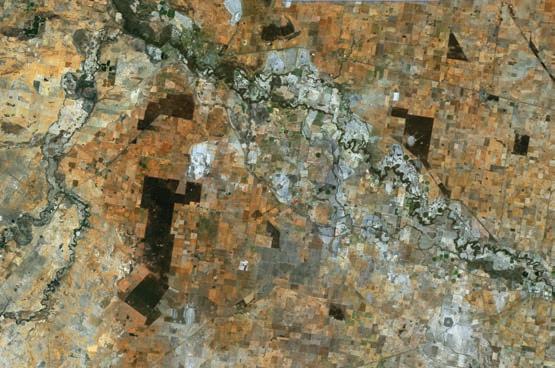
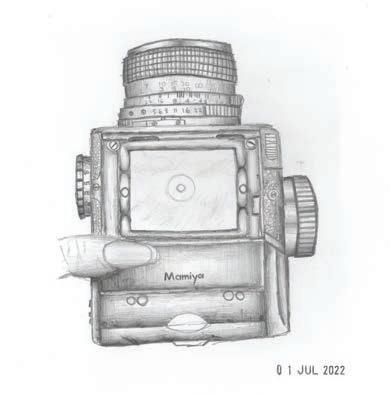


Pool table. Dart board. How come this pub feels like home? Victorious. Todd.
No reception. Breathe. Ten AM Schooner. Feels right. Inland prawn. Goodluck.
TILPA- WILCANNIA
River breathing life.
Tread lightly you’re in a home.
River courting death.

Wilcannia was incorporated as a municipality in 1883, and services and activities developed to serve the more sophisticated needs of the bigger township. Wilcannia became a major river port and the centre of numerous mail and coach routes which spread to every corner of Western NSW.

What was once a thriving river port on the edge of the Outback, transporting wheat and wool by paddles steamer along the Baaka river in the 19th century. Today Wilcannia has a collection of colonial buildings quarried from local sandstone in the lateteamer along the Darling in the 19th century.1800s. Population in this time peaked at 3000. Among these historic buildings include the Post Office, Athenaeum, Police Station and Courthouse.
Wilcannia's Elsie Jones maintained the Paakantji language and helped write the Paakantji dictionary and various books, passing down knowledge of the Baaka river, Taditional skills and values. She was a big part of passing down culture and was awarded a Medal of the order of Australia in 1984.
Now, Wilcannia's population is 745 people. With the lowest life expectancy (37 years) globally. Due to the drought of the river plummeting Wilcannia's trade, income and standard of living.

Where is everyone?
Knowledge passed. Knowledge fading.
Where is anyone?
WILCANNIA - BROKEN HILL
Underground. Down. Down. Tunnel below. No light. Down. Down. Build. Money. Down.
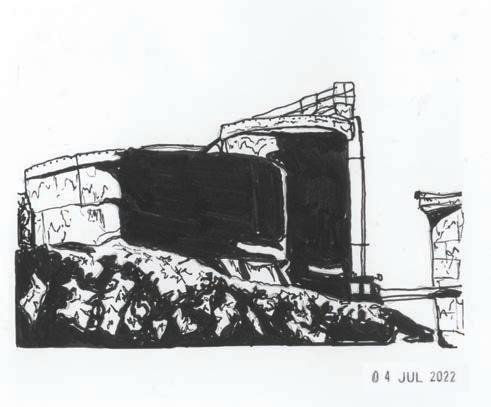

Broken Hill's town square holds a memorial acknowledging women who supported the town's miners.


Fell down a mine shaft. Was crushed by machinery. Now just name on plaque.


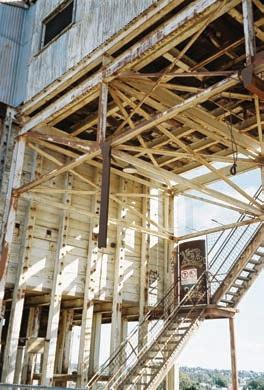
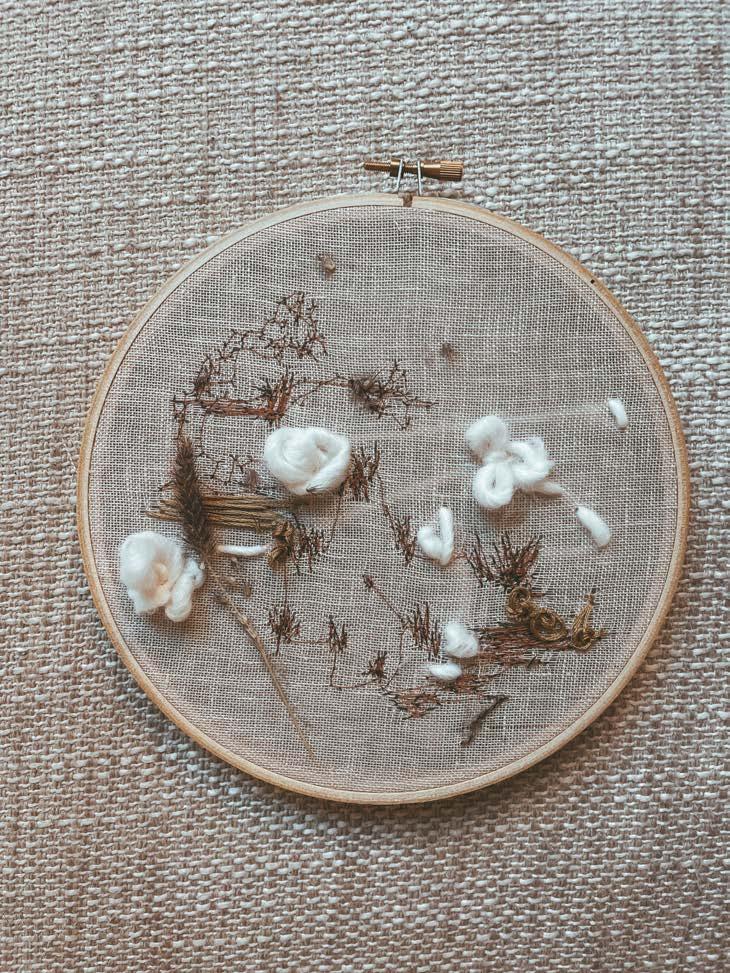
Fresh start. Fresh income. Wool. Rigour at its finest. Bones coating landscape.

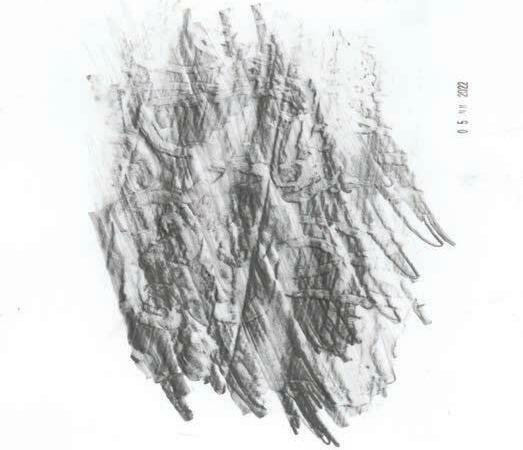
From slat floors to roof. Hearing distant hooves on wood. Efficient movement.



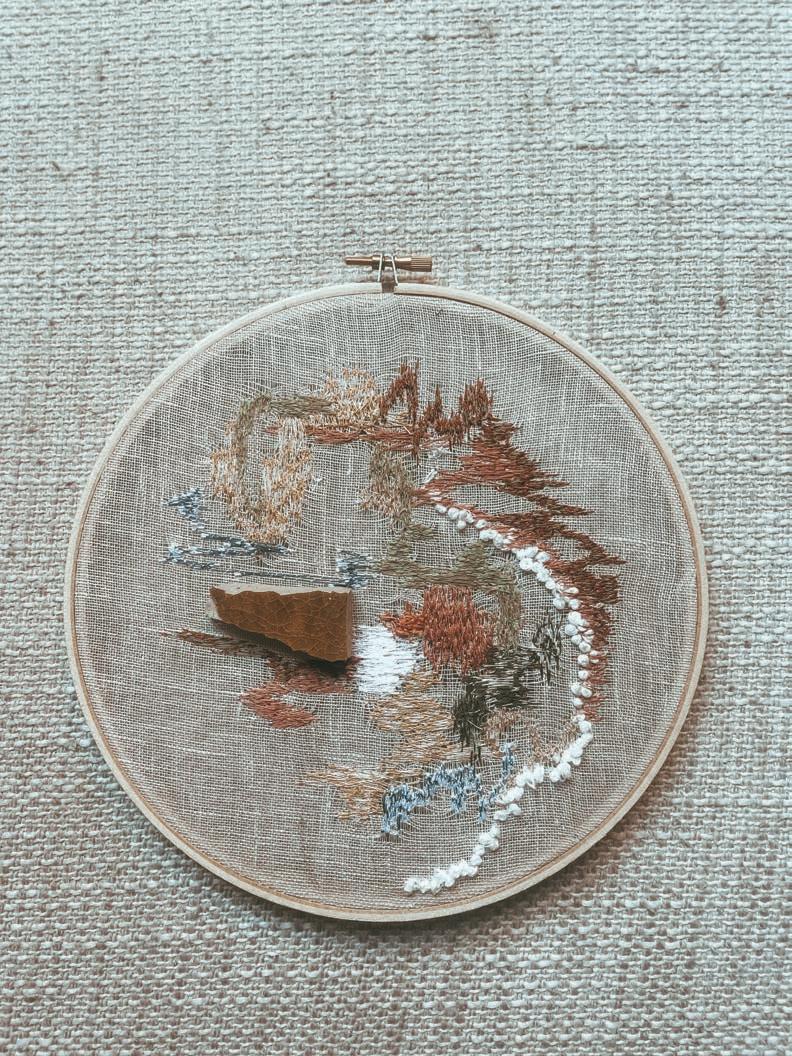
People have lived on this land for over 45000 years and represents a lineage which extends back over some 2000 generations.


No rushing water. Bones of landscape remain. Not a drop in sight.
Flat earth. Tufts of grass. Wall bathed in reds and pinks. Look out. Far. Further.

If the earth we are standing on could tell a story,
What story would it tell?
What detail and complexity would it know its inhabitants?
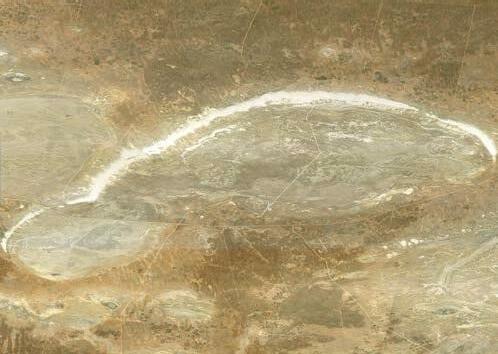
What ties and intimacy to them would it have?
What demands and needs would it meet for them?
What fragility and permanency would it offer them?
What desires and aspirations would it satisfy them with?
What sense of nessecity and pragmatism would it give to them?
Would it be harsh and cruel in its lessons?
Or would it teach them to welcome change with a warm embrace?
Would it make known its importance?
Or would it sit with humility knowing its ability to affect them?
Would it feel appreciated?
Would it feel honoured?
Would it hold nobility in its roles?
Would it know how we viewed it?
Would it care how our actions affected them?
Would it ache to feel loved?
Would it hurt each time it felt disrespected?
Would it have religous views?
Would it have an agenda?
Would it have opinions on sex? on gender?
Would it hate?
Would it discrimminate?
Would it marginalise?
Would it be all embracing?
Would it be all knowning?
... What would it think about me?


